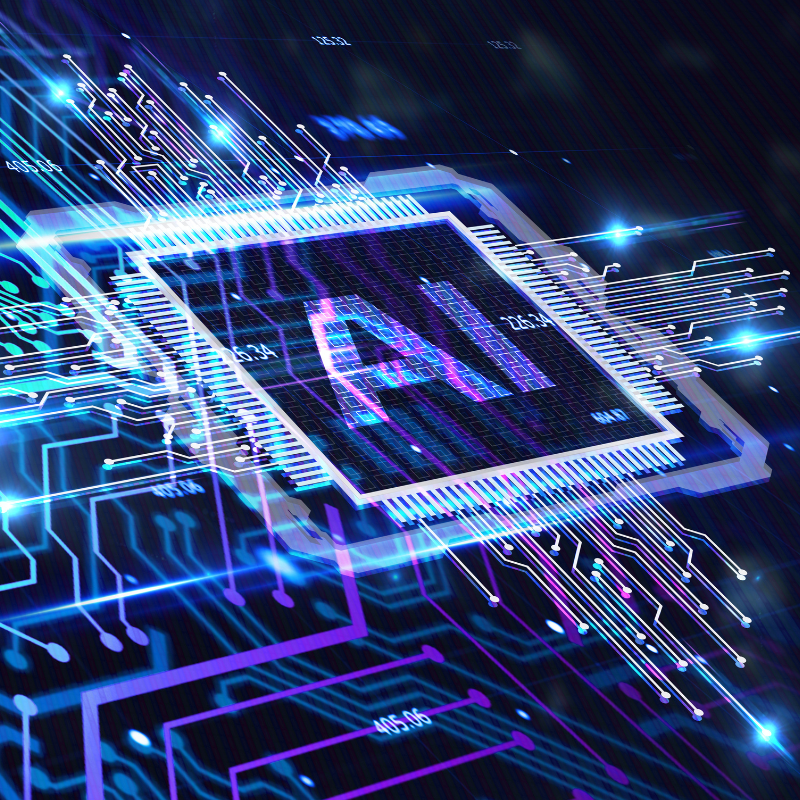Enterprise Resource Planning (ERP) systems are the backbone of modern businesses. But with the rapid evolution of technology, the need to future-proof ERP systems has become paramount and necessary. The adage kicking the can down the road will only worsen the situation. Whether you are planning to implement an ERP software or seeking to optimize your current system, understanding how to leverage next-generation AI can significantly enhance your ERP evolution.
The Push for Modernization
Most organizations today face a proliferation of disparate systems, leading to inefficiencies and data silos. Modernizing ERP is a high-stakes endeavor aimed at migrating to the cloud confidently and innovating business models to drive faster growth. Business leaders recognize the necessity of a holistic transformation, whether through comprehensive ERP platforms, departmental point solutions for specific challenges or geographically distributed two-tier ERP systems.
Interestingly, many organizations have streamlined their ERP vendors to a single provider, with only a few opting for two or more. The “best of breed” ERP strategy — selecting specialized applications from different vendors — offers substantial benefits, including ease of application integration, faster innovation tailored to specific needs and advanced functionality.
We continue to see clever customizations and embedded code for specific goals, and now those developers have retired – and so has the intellectual capital behind the solution that served for many years. Now what?
Embracing AI for Enhanced Performance
In today’s fast-paced business environment, integrating AI – particularly generative AI like ChatGPT and Microsoft Copilot – transforms how leaders approach ERP modernization. These platforms empower individuals and organizations by generating content, sparking creativity, automating tasks and completing work faster. However, traditional blockers such as data silos, workforce skills, security concerns and cultural barriers must be addressed to realize AI’s potential fully.
Strategies for Modern ERP Systems
1. Cloud Migration
Transitioning from on-premises ERP systems or basic cloud ERP systems (i.e. QuickBooks, Zoho, Zero) to robust cloud-based solutions is a significant trend. Cloud ERPs like NetSuite, Business Central and Intacct offer enhanced scalability, flexibility and access to advanced features without substantial upfront capital expenditure. This migration allows organizations to adapt quickly to changing market conditions and technological advancements.
2. Composability and Modularity
Organizations must recognize that different functional areas may have varying urgency for transformation. A composable ERP strategy involves prioritizing the modernization of specific modules or functions that require immediate improvement. This targeted approach ensures that critical areas receive the necessary attention and resources first.
3. Digitization
Evaluating an ERP system incorporating future-proof technologies is essential as technological advancements accelerate. Modern ERP systems should offer advanced data integration, low-code platforms for custom development and interoperability with productivity and collaboration tools. These capabilities enable businesses to stay ahead of the curve and continuously innovate.
The Future With Next-Generation AI
By leveraging next-generation AI, businesses can accelerate their pace of change, achieve greater flexibility and unlock new growth opportunities. Empowering every person and organization to achieve more is at the heart of this transformation, ensuring that your ERP system meets current needs and is poised for future success.
Contact Us
Withum uses generative AI to enhance efficiency and unlock new growth opportunities for clients. Have further questions on AI or need assistance with an ERP?








